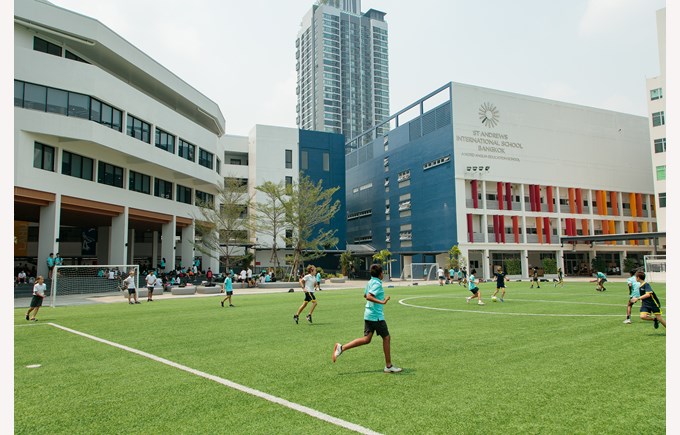Puzzles are fun but that is not the only reason why they are good for your children. The secret is you have to select age-appropriate puzzles. Allow your children to start with puzzles such as outlines of basic shapes. As they grow, you can gradually introduce more complex ones. Let’s go through how puzzles help child development below.
1. Hand-Eye Coordination
Puzzles encourage your children to develop their hand-eye coordination. They learn to develop a relationship between their eyes, hands, and brains. Their brains learn to envision how the puzzle should look when it is complete. Their hands and eyes work together to achieve the final goal.
2. Motor Skills
Puzzles can help your child enhance their fine and gross motor skills. It all depends on the type of puzzles they enjoy. They may learn movements with their fingers while they stack different pieces.
3. Memory and Cognitive Skills
Puzzles give your child the chance to control their environment which may develop their cognitive skills. The fact that they need to remember shapes and patterns helps to develop their memory. You can, therefore, use puzzles to help the brain. Puzzles like shut the box game, for example, may help your child improve their cognitive skills.
4. Problem Solving and Logical Thinking
Solving problems requires creativity and patience. Puzzles are mostly about solving problems. They force a child to think critically to find the right pieces. With puzzles, there are no shortcuts. If a piece does not it, there is nothing they can do to cheat.
5. Improved Concentration
Completing a puzzle requires your child to focus for long periods. They develop concentration skills which they may find useful later in life.
6. Patience
Puzzles teach your child patience. Unlike sports, they need to take time to think about how different pieces will fit. Working a puzzle from the start to the end is not always possible on the first try. They may need to repeat it a few times.
7. Setting Objectives
Your child may need to set up a few strategies to help them complete a puzzle. They, therefore, learn to come up with a plan and follow it to meet their final objective which is completing the puzzle.
8. Shape Recognition
Recognizing shapes is an important part of development for children. Puzzles help your child to identify and distinguish different shapes. When playing puzzles, your child learns to sort out the different shapes.
9. Learning New Things
Puzzles can be a valuable tool for your child to learn new things. There are puzzles of numbers, letters, maps, and more. Each one of them may cause your child to develop a new interest. If you want your child to learn new things, puzzles may help.
10. Social Skills
Playing puzzles is a great way for your children to spend some time with others of their age. Working together to complete a puzzle promotes teamwork. The children will come up with strategies to complete the puzzle together. They may help each other through the frustration. It is a great way to bond and build friendships.
11. Self-Esteem
Completing a puzzle helps to build the self-confidence of a child. It may encourage them to pursue other challenges. The sense of pride and achievement makes your child feel that putting effort no their goals can pay off.
Puzzles such as jigsaws and wooden board games are not only good for the development of your child’s brain but also inexpensive. They help your child to take some time from the TV, tablets and computers, and keep their minds engaged in a healthy source of entertainment for a few hours. They challenge their young minds while helping them to relax.
Puzzles are reusable so your child does not have to throw them away after playing. They can keep them to play over and over again. If you want to make playtime fun for your child, set a specific time for challenging them. If possible, give them a treat every time they complete the puzzle.
The benefits of puzzles in the development of a child are many. Selecting age-appropriate puzzles is the first step towards giving your child the chance to enjoy the benefits of puzzles. According to psychologists, allowing a child to manipulate the world around them improves the development of their brains. Puzzles make that possible. Therefore, try to engage your child in puzzles and you will be surprised at how fast they will “outgrow” their age.
About the author: Riya is an inspired writer passionate about traveling and lifestyle and encouraging small businesses. As a freelancer, she understands the importance of productivity at work. Connect with Riya via twitter, @sanderriya.
Register your email address here and we’ll notify you when new articles get uploaded.














